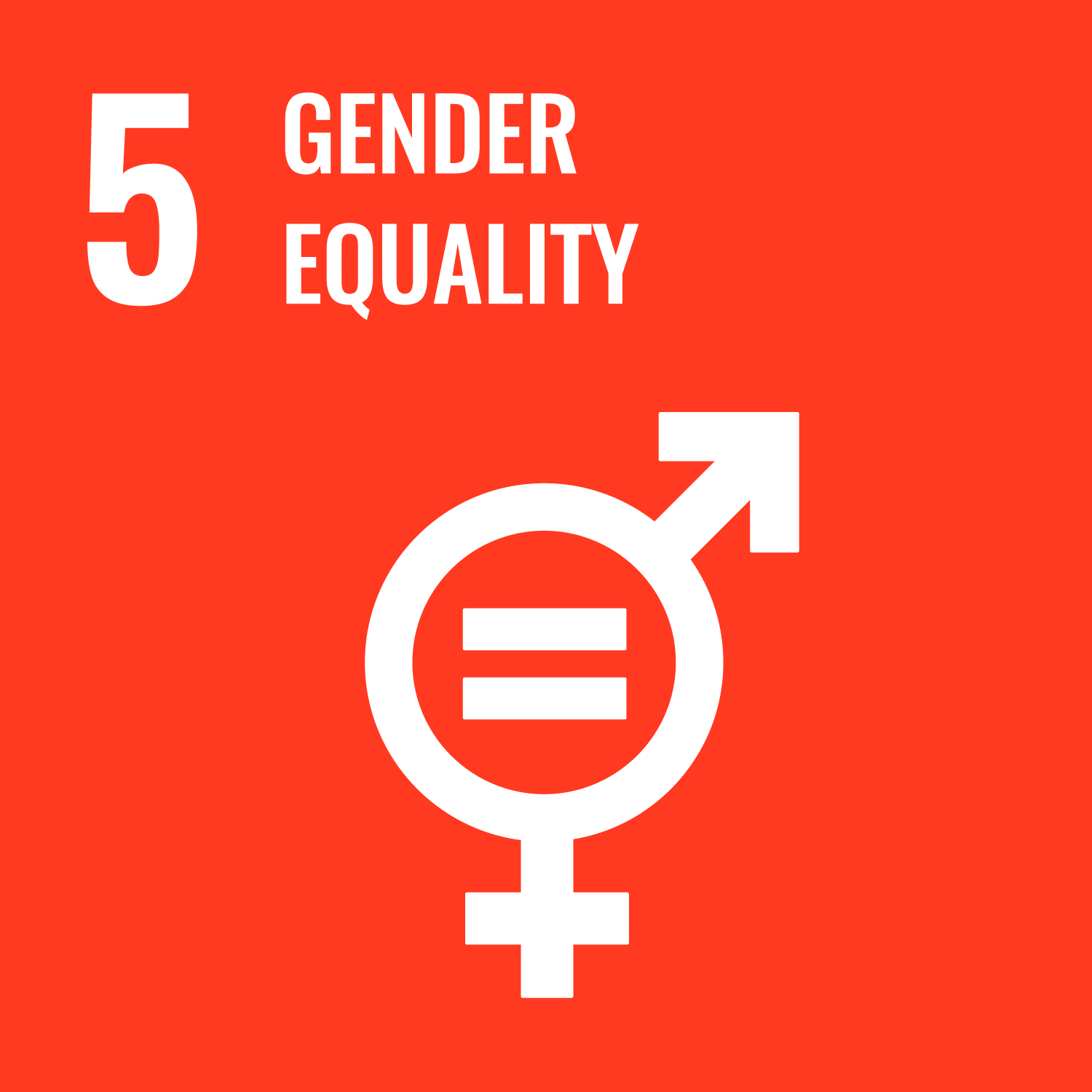Abstract
Previous studies have found a negative relationship between creativity and conservatism. However, as these studies were mostly conducted on samples of homogeneous nationality, the generalizability of the effect across different cultures is unknown. We addressed this gap by conducting a study in 28 countries. Based on the notion that attitudes can be shaped by both environmental and ecological factors, we hypothesized that parasite stress can also affect creativity and thus, its potential effects should be controlled for. The results of multilevel analyses showed that, as expected, conservatism was a significant predictor of lower creativity, adjusting for economic status, age, sex, education level, subjective susceptibility to disease, and country-level parasite stress. In addition, most of the variability in creativity was due to individual rather than country-level variance. Our study provides evidence for a weak but significant negative link between conservatism and creativity at the individual level (β = −0.08, p <.001) and no such effect when country-level conservatism was considered. We present our hypotheses considering previous findings on the behavioral immune system in humans.
DOI Link
Publication Date
2024-01-01
Publication Title
Journal of Cross-Cultural Psychology
Volume
55
Issue
4
ISSN
0022-0221
Deposit Date
2024-09-25
Additional Links
Keywords
behavioral immune system, conservatism, creativity, cross-cultural, liberalism, parasite stress, TCT-DP
First Page
368
Last Page
385
Recommended Citation
Groyecka-Bernard, A., Sorokowski, P., Karwowski, M., Roberts, S., Aavik, T., Akello, G., Alm, C., Amjad, N., Asao, K., Atama, C., Atamtürk Duyar, D., Ayebare, R., Batres, C., Bensafia, A., Bertoni, A., Bizumic, B., Boussena, M., Buss, D., Butovskaya, M., Can, S., Carrier, A., Cetinkaya, H., Conroy-Beam, D., Varella, M., Croy, I., Cueto, R., Czerwonka, M., Czub, M., Donato, S., & Dronova, D. (2024) 'Conservatism Negatively Predicts Creativity: A Study Across 28 Countries', Journal of Cross-Cultural Psychology, 55(4), pp. 368-385. Available at: 10.1177/00220221241238321



